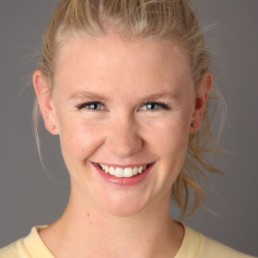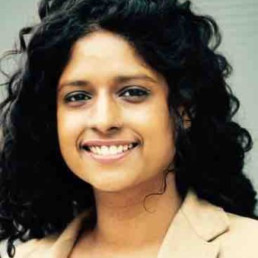spheres: Journal for Digital Cultures
spheres: Journal for Digital Cultures is an open peer-reviewed web journal associated with the Centre for Digital Cultures (CDC) at Leuphana University of Lüneburg. It is concerned with contemporary, historical and emerging discussions about digital cultures, thereby exploring the theoretical, political and social stakes within these debates as well as scrutinising key concepts like public spheres, media spheres and atmospheres.
The purpose of the web journal is to serve as a research resource, freely available as an open access publication, which aims to make sense of the theory and politics of digital cultures. The journal offers an innovative, useful and easy to access resource, combining text with audiovisual content and enabling new narrative forms in the field of digital cultures. spheres, therefore, seeks to promote a dialogue between scholars, policy makers, media artists, activists and hackers, fostering the production of globally-connected knowledge, as well as alliances between the Southern and Northern hemisphere.
The content of our web journal is generated through open calls, conferences, workshops, production sprints, commissioned works and events carried out by the Centre for Digital Cultures (CDC) and its wider network. The contributions cater both the traditional needs for high quality academic articles, which go through an open peer-review process, reviews and reports, as well as ad-hoc interventions into and hands-on experiences.
The two-stage process of the review of articles is as follows:
- An article is submitted, in the form outlined in our guidelines for submission. Two editors in charge read independently the article, and decide whether its content is appropriate to the journal. Receipt of the article is acknowledged, and the editors notify the author either that it is not appropriate to our journal, that it needs further revision or that it will be sent out to peers to comment on it.
- The editors approach commentators from among the advisory board and our network. The commentator reads and comments on the article. The editors read the comment and decide whether or not to publish. If the decision is to publish, the article will be published on our website together with the comment.
This open peer-review of articles considers the needs of a transparent process, as well as the requirement to credit the work of the reviewers – both essential assets in digital cultures.
Advisory Board
Mercedes Bunz
Department of Digital Humanities, King’s College London (UK)
Wendy Hui Kyong Chun
Digital Democracies Group, Simon Fraser University (CA)
Gary Hall
Coventry School of Art and Design, Coventry University (UK)
Joshua Neves
Global Emergent Media Lab, Concordia University (CA)
Nishant Shah
Graduate School, ArtEZ University of the Arts (NL)
Soenke Zehle
xm:lab – Experimental Media Lab, Academy of Fine Arts Saar (DE)
How to Submit
All contributions should be submitted to editors@spheres-journal.org.
All submissions must be written in English and should not have been published, or submitted for publication, elsewhere. Translations of work published in languages other than English will be considered for publication.
Types of Contributions
spheres encourages contributions in a variety of formats including articles, notes, interviews, book reviews, photo or video essays and other experimental modes of representation.
Articles
spheres publishes theoretical and empirical articles, which should be no longer than 5.000 words. Submitted articles are open peer reviewed by a referee with academic expertise in the appropriate areas.
Responses, Book and Project Reviews
Each article is complemented by a response between 1.000 and 2.500 words. spheres also publishes book reviews of recent and classic publications as well as of activist projects. Reviews should be between 1.000 and 2.500 words. If you would like to suggest a book or a project for review, please contact our reviews team at editors@spheres-journal.org.
Other Media
In order to exploit the potential of the digital format of spheres, we also encourage the submission of other media, such as photo essays, montages, short video clips and other artworks. Such formats enable the exploration of alternative representations and articulations of knowledge about and in digital cultures.
Guidelines for Submission
Since spheres is run by a collective who organize the whole review, production and publishing process of the journal, we ask you to follow our guidelines in preparing your manuscript for submission.
License
spheres recognizes the importance of copyright regimes for academic publishing. Unfortunately most of the time copyright licences hinder the free movement of thought and writing, and do not work to the benefit of authors and readers. To address this, spheres works with the international Creative Commons Licence Attribution-NonCommercial-NoDerivatives 4.0. This licence allows others to copy, distribute and transmit the work, so long as the work is attributed to the author(s). It allows non-commercial use of the work, but it does not allow others to alter, transform or build upon the work.
This is a rather restrictive licence, which protects the works of our contributors while allowing for free circulation. However, while this is the default licence in use, spheres welcomes authors who would like to use a more open licence (such as those Creative Commons licence without restrictions on derivatives or commercial use; or CopyLeft). Please let us know if you would like your contribution to appear under a different licence. As copyright remains with you, spheres doesn’t provide you with a contract. You are also free to use your work as you please, e.g. re-print it elsewhere, or grant other publishers to include it in other publications – but please mention that it appeared in spheres first.










